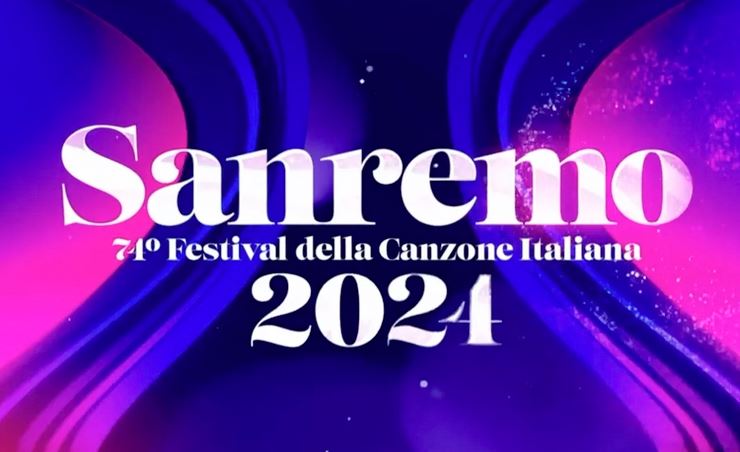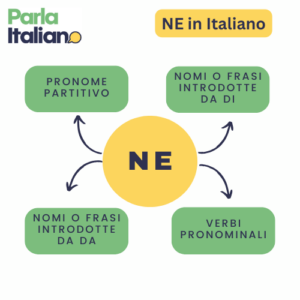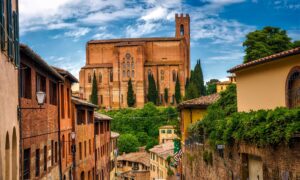At the time of writing, it is the 14th of September, and Sanremo has just closed its doors, crowning a new winner who will also participate in Eurovision.
Although I’ve never been a fan of Sanremo myself, I’ve come to recognise its immense cultural significance in Italy. It’s an event that simply cannot be overlooked, especially if you’re learning Italian and seeking to grasp the essence of Italian culture.
Therefore, I’ve invited Alessandro Rossi, our fictional cultural historian and expert on Italian music, for an interview. Today, we’ll explore what the Festival di Sanremo is, who watches it, and why it’s essential to know about it.
Read this blog in Italian (includes comprehension questions and a grammar point)
The Interview
Interviewer: Welcome, readers, to our exploration of one of Italy’s most iconic cultural events, the Festival di Sanremo! Today, we delve into the rich history, significance, and allure of this renowned music festival that captivates audiences worldwide. Joining us is Alessandro Rossi, our fictional cultural historian and expert on Italian music and traditions.
Interviewer: Alessandro, thank you for joining us. Let’s start with the basics. What exactly is the Festival di Sanremo?
Alessandro: Grazie for having me. The Festival di Sanremo is a prestigious music festival held annually in the charming coastal town of Sanremo, nestled along the Italian Riviera. Since its inception in 1951, it has become a cornerstone of Italian culture, serving as a platform for showcasing the country’s top musical talents and songwriting prowess. It takes place at the Ariston theatre in Sanremo but, of course, it is designed mainly for television.
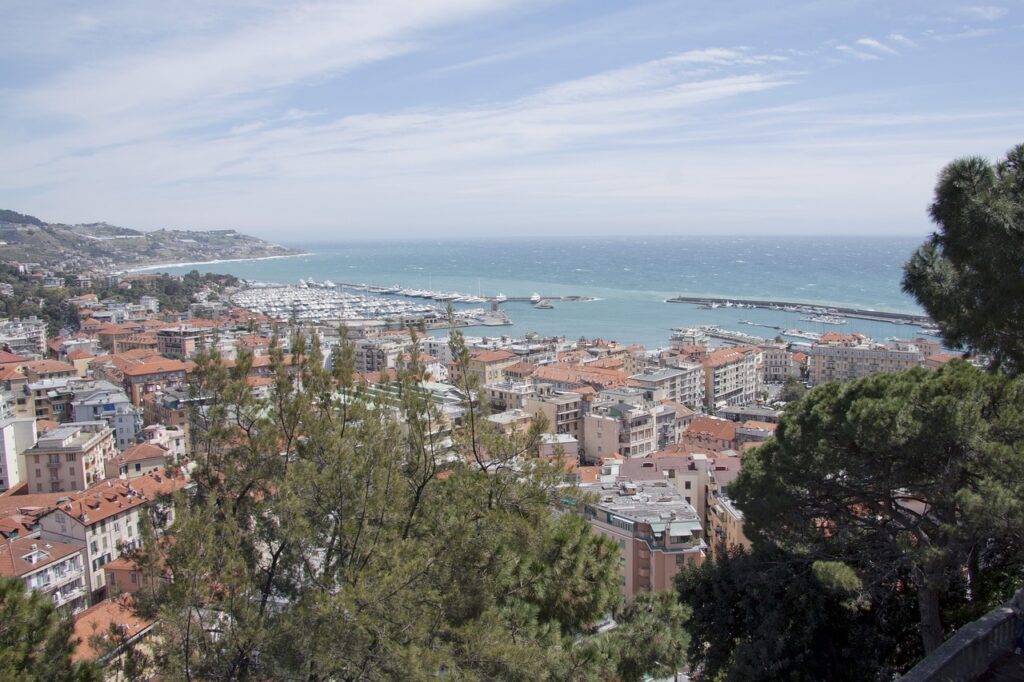
Interviewer: Fascinating! What sets the Festival di Sanremo apart from other music festivals around the world?
Alessandro: One of the most distinctive features of the Festival di Sanremo is its emphasis on original Italian music and songwriting. Unlike many international music festivals, which often feature a diverse range of genres and artists from various countries, Sanremo remains steadfast in celebrating Italian music and culture. It’s a true reflection of Italy’s musical heritage and contemporary artistic expression.
Interviewer: That’s certainly unique. Can you tell us about the format of the festival and how it has evolved over the years?
Alessandro: The Festival di Sanremo typically spans several days and consists of multiple evenings of performances, culminating in a grand finale. Each night, a selection of carefully curated songs is performed by established and emerging artists, competing for prestigious awards such as the “Campioni” (Champions) category for established artists and the “Nuove Proposte” (New Comers) category for up-and-coming talent. Throughout its history, the festival has evolved to reflect changing musical tastes and trends while remaining true to its roots.
Interviewer: It sounds like a captivating event. What role does the Festival di Sanremo play in Italian culture today?
Alessandro: The Festival di Sanremo holds a special place in the hearts of Italians, serving as a cultural touchstone that brings people together to celebrate music, artistry, and national identity. It’s more than just a music competition; it’s a symbol of Italian pride and creativity. The festival also serves as a launching pad for many artists, propelling them to stardom both domestically and internationally.
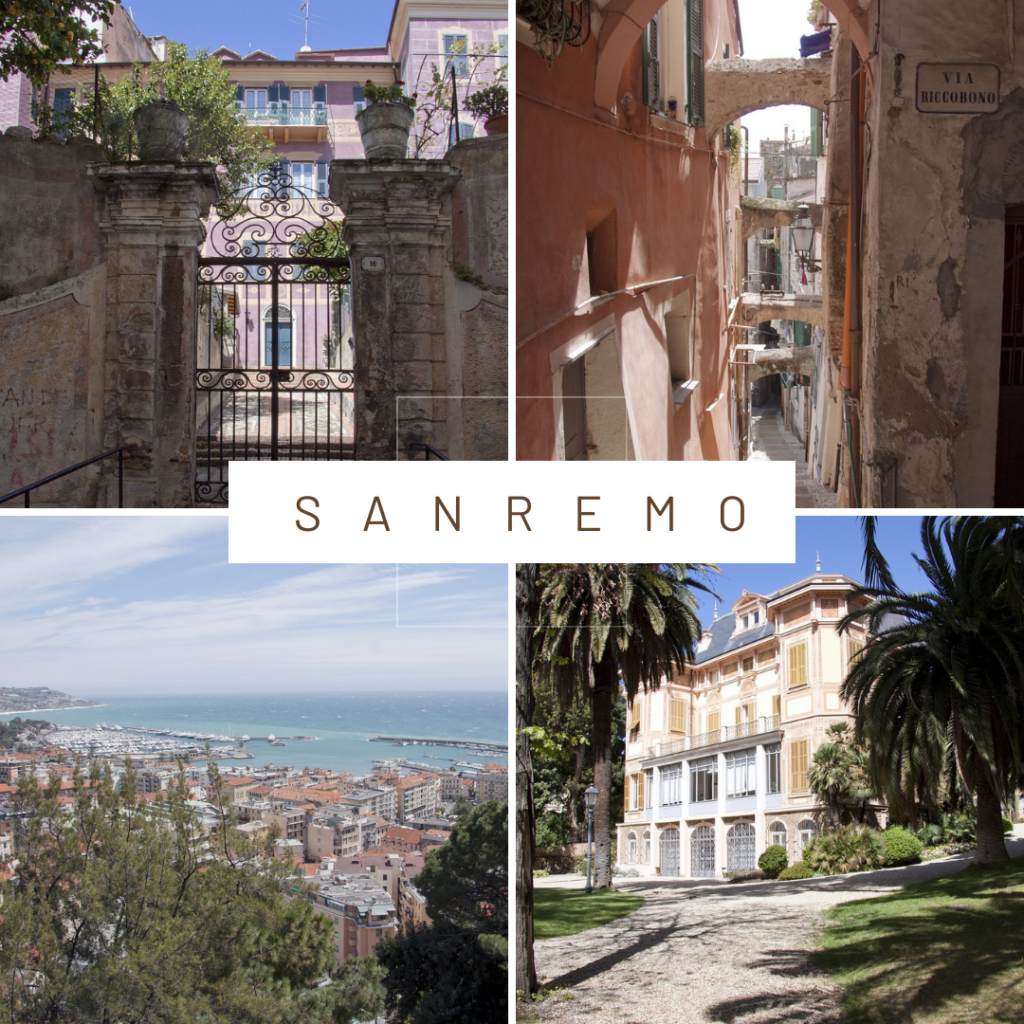
Interviewer: Alessandro, we’ve discussed the Festival di Sanremo’s cultural significance, but it’s also known for stirring up controversies at times. Can you shed some light on this aspect?
Alessandro: Absolutely. Like any major event, the Festival di Sanremo hasn’t been without its share of controversies. One notable example is the 2017 edition when the winning song, “Occidentali’s Karma” by Francesco Gabbani, sparked debate due to its satirical and somewhat controversial lyrics touching on social and cultural issues. Despite the polarizing nature of the song, it ultimately became a massive hit both domestically and internationally.
Interviewer: Alessandro, it’s fascinating to hear about the controversies surrounding the Festival di Sanremo. But shifting gears a bit, could you tell us about the audience for this event? How many people typically tune in, and who are they?
Alessandro: Certainly. The Festival di Sanremo boasts a massive viewership, drawing in millions of viewers each year. In fact, the 2024 edition was watched by a staggering 12 million people, with an impressive 85% of them being young adults. This highlights the festival’s enduring appeal across generations and its ability to captivate audiences of all ages.
Interviewer: That’s truly remarkable. It speaks to the festival’s broad appeal and cultural significance.
Interviewer: Finally, Alessandro, what do you think the future holds for the Festival di Sanremo?
Alessandro: While the music industry continues to evolve, I believe the Festival di Sanremo will remain a vital and cherished tradition in Italian culture for generations to come. Its ability to adapt to changing times while staying true to its core values is a testament to its enduring relevance and appeal. As long as there are passionate musicians and audiences eager to experience the magic of Italian music, the Festival di Sanremo will continue to thrive.
Interviewer: Grazie mille, Alessandro, for sharing your insights with us today. The Festival di Sanremo truly is a treasure of Italian culture, and we look forward to experiencing its magic for years to come.
As our interview comes to a close, we invite our readers to immerse themselves in the fascinating world of the Festival di Sanremo, where music and culture converge in perfect harmony, leaving an indelible mark on the hearts and minds of all who partake in the spectacle. Arrivederci!

